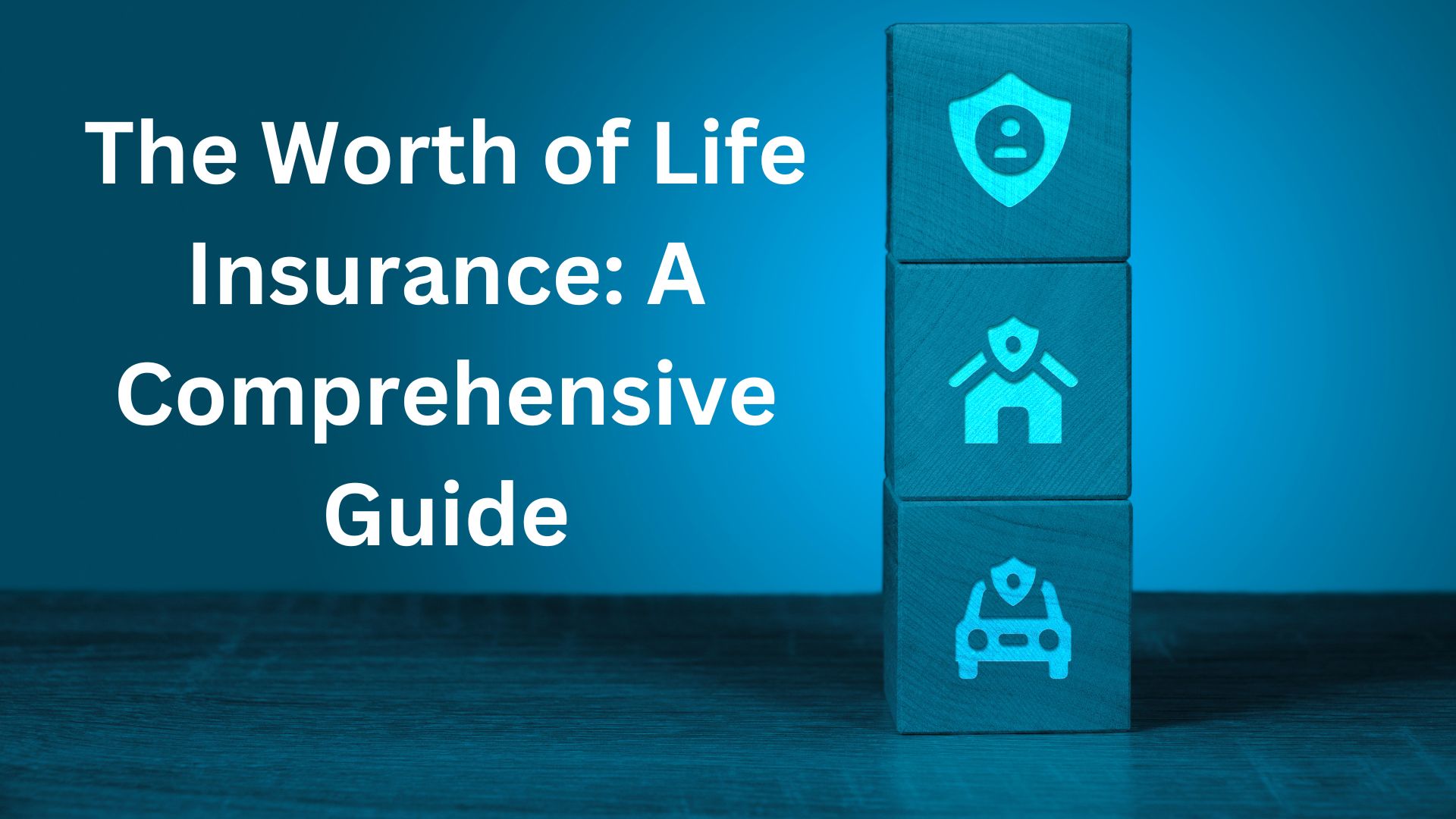The Worth of Life Insurance: A Comprehensive Guide: A financial tool called life insurance serves as a safety net for your loved ones in the case of your passing. Your financial status, your dependents, and your long-term objectives are some of the criteria that will determine if it’s worth it for you. To assist you in deciding if purchasing life insurance is a wise investment, let’s examine the main components.
1.Safeguarding Dependents’ Finances:
Getting life insurance is one of the main reasons people think about protecting their loved ones, be it spouses, kids, or elderly parents, from financial ruin in the case of their death. Life insurance can serve as a source of economic support for those who depend on you for their well-being.
2. Replacement of Income:
Life insurance can replace income in the event that your passing would leave your family without support. This is particularly important if you are your family’s main provider of income.
3. Debt Repayment:
Debts that need to be paid off, such credit card balances, auto loans, and mortgages, can be covered by life insurance. By doing this, your family members won’t inherit your debt.
4. Funeral Combo Costs:
Burials and funerals can be highly costly. By helping your family with these expenses, life insurance can relieve them of a financial strain at an already difficult time.
5. Planning an Estate:
When it comes to estate planning, life insurance can help by guaranteeing that there are enough assets to leave to heirs or by offering liquidity to pay estate taxes.
6. Life Insurance Types:
Term life and permanent life (such as whole life or universal life) are two of the various types of life insurance. Whereas permanent life insurance offers lifetime coverage with a cash value component, term life insurance only offers coverage for a set period of time. Which of these you choose will rely on your demands and financial objectives.
7. Things to Take Into Account for Single People:
Even though life insurance is typically thought of in relation to those with dependents, single people may nevertheless find benefit in some circumstances. Life insurance may be helpful if you have co-signed debts or if you want to make sure that your funeral costs are met without burdening your family.
8. Assessing Your Cash Position:
Examine your entire financial status, including your income, expenses, and long-term objectives, prior to acquiring life insurance. Think about things like investments, savings, and other assets that can improve your family’s financial situation.
In conclusion, the value of life insurance ultimately relies on your unique situation and financial objectives. Life insurance might be a useful tool if you have financial responsibilities or dependents that would cause hardship in your absence. To find the best coverage for your circumstances, it’s important to thoroughly assess your needs, investigate several policy options, and speak with a financial expert. Investing in life insurance should be in line with your priorities and particular circumstances as it is a proactive method to give your loved ones financial security and peace of mind.
